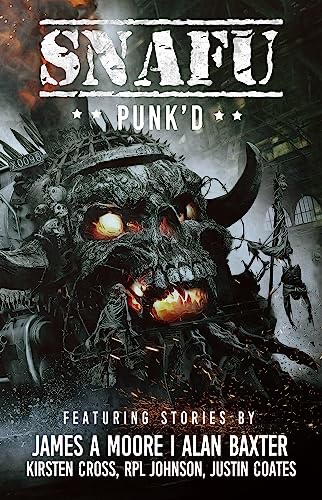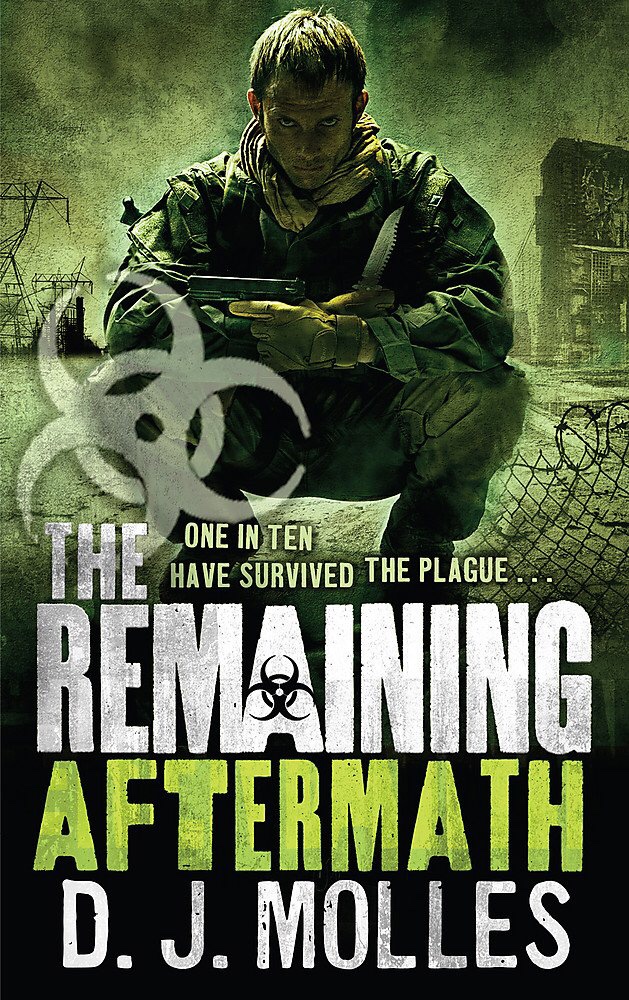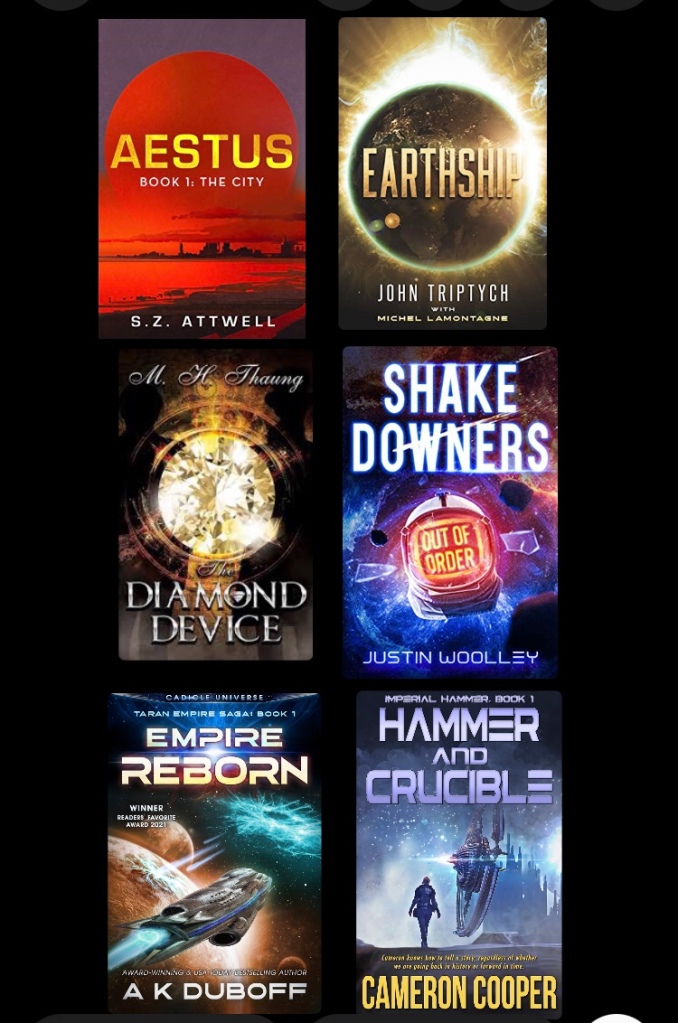
Playing on the multiple meanings behind the title, Alien Clay is an accomplished work of science fiction. Catching evolutionary science, ecology, and ethnography within its net, the narrative creates a thrilling, far future, off world story of revolutions and revelations.
When Professor Daghdev wakes up to absolute chaos, he quickly relates some truly terrifying details. Dropping into the atmosphere of an alien world after being in a form of cryo-sleep, his pod is one of hundreds released like seeds from a fragmentation ship designed to destroy itself after its 30 year journey across the stars. Sentenced to spend the rest of his life in a labour camp on the planet, affectionately called Kiln, he’s one of the survivors; whether that’s a good thing or not remains to be seen. But, as is very apparent, it’s the human individual’s singular purpose to live that has so much bearing on the narrative.
Disoriented and starved after the long, freeze-dried sleep, Daghdev isn’t on the ground a moment before he’s hauled off by the guards. An audience with the camp’s Commandant immediately puts him in an awful position. Offered the chance to be part of the science team studying ancient ruins on the planet, the Professor’s inquisitive mind is instantly compelled. But the interview also pits him against his fellow prisoners. In a society ruled over by the hegemonic Mandate – a strict and orthodox system – suspicion and division are common methods of control. Transported to the alien world of Kiln, the human micro system retains all the things Daghdev fought against; the societal injustices, the economic hardships and the inflexible science upon which the Mandate is built. A theory that humanity is central to everything predetermines that aliens will conform to that standard. Yet, on Kiln, all the evidence points to the opposite.
The Commandant, however, wants it to fit neatly into the box the Mandate supplies. Science, Archeology, Dig assist and Labour are all bent to that will. Kiln and it’s fecund ecology aren’t interested. It’s a bizarre and truly other environment where evolution has taken a much different path to that which Earth’s categorisation can’t be applied. In a wonderful symphony of world building, both the strange alien planet and all it’s discombobulating creatures are revealed alongside the rigid and dystopian future that humanity exists under. Political dissidence runs up against bizarre symbiotic monsters as Daghdev and his fellow revolutionaries try to undo the iron fist of the camp, desperately hoping to make their death sentences mean something.
Their failure is the catalyst for true change. Daghdev and other scientists are sent to the most dangerous crew – Excursions; those who venture outside the dome and bring back samples and clear ruin sites for examination. What happens in the wilderness of the alien world is a true paradigm shift. Unpicking the isolated nature of human individuality and how it’s society operates by comparing it to a strange and other system, the sense of self that cuts and categorises and delineates and destroys is shown in stark relief to one that joins and shares and lives. Unpacking the science of evolution and displaying a second world option is a mesmerising prospect, one that smartly takes in to account the nature of the observed and the observer.
In all, Alien Clay is a fascinating consideration of nature, human and otherwise. How it moulds Daghdev and his fellows whilst they shape the world around them is a clever piece of work. But it’s the thrilling journey at its heart that drives the story onwards; the desire to be free and the realisation that freedom in Kiln means something entirely different and (potentially) better. There’s much to read into that, about both the human condition and our current social climate, especially when it comes to the Mandate. And, in that sense, Alien Clay is an immensely powerful and enjoyable work of science fiction.
Astounding world building led by a character who is both engaging and recognisable, Alien Clay is a truly compelling read. Stuffed full of brilliant ideas and outstandingly creative concepts, it’s a grim and gritty but ultimately wonderfully exciting book.
Review copy
Published by Tor








